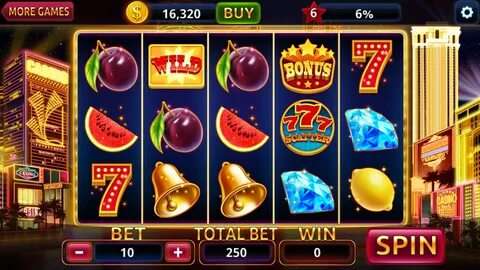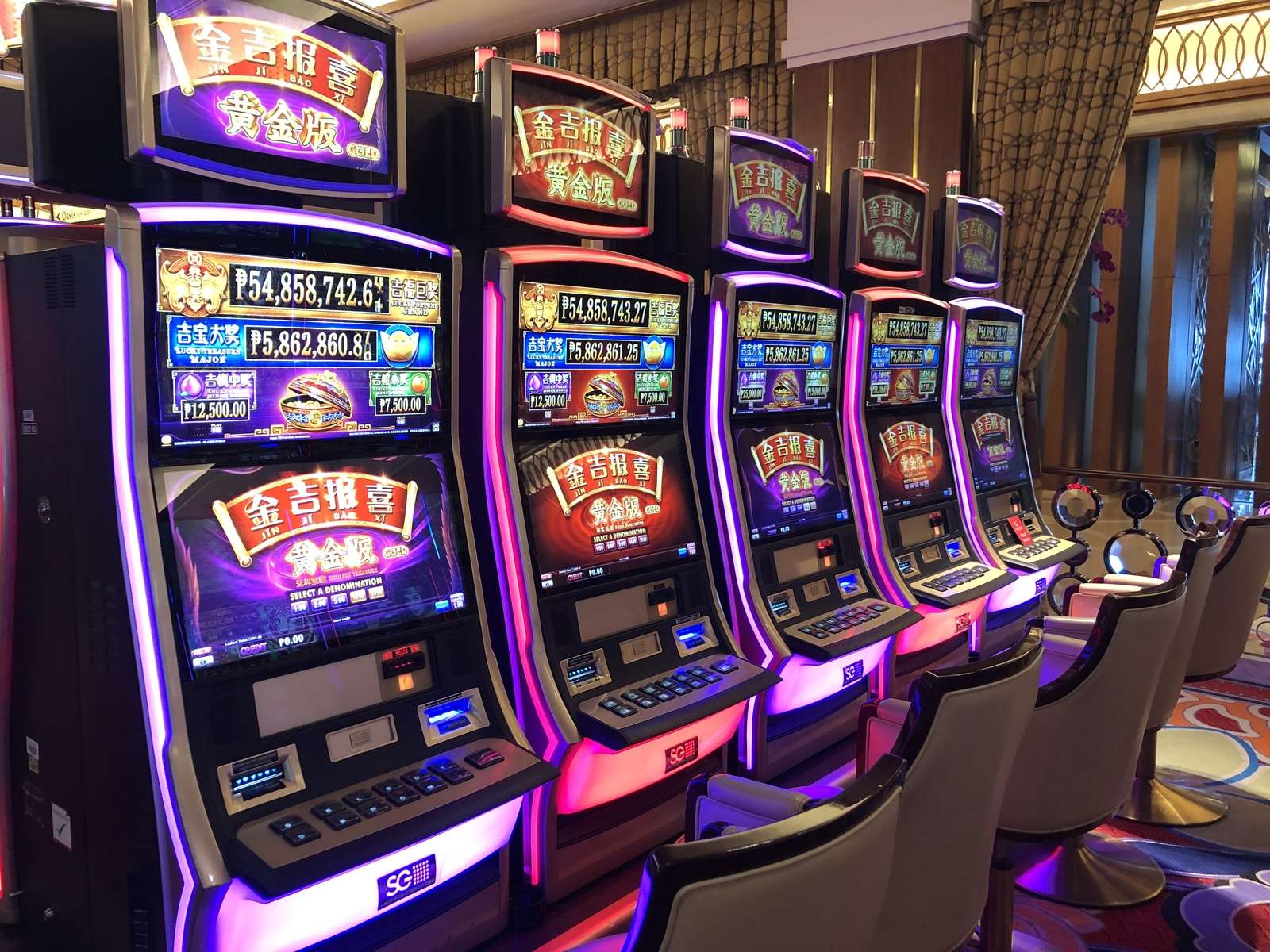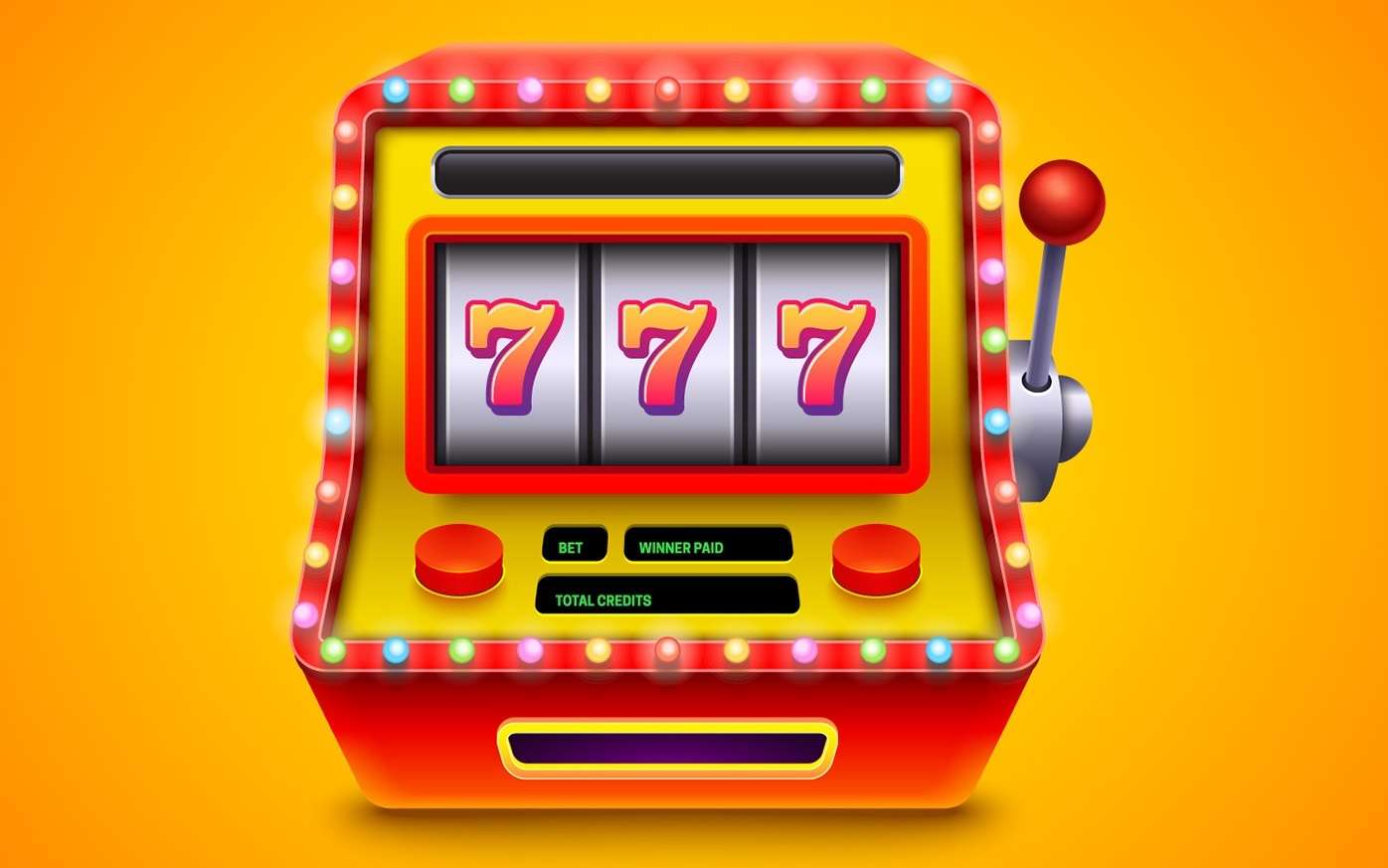
Is Slot Rush Game Legit
Introduction Is Slot Rush Game Legit: A thrilling social casino game that offers the excitement…

What Is A Class 2 Slot Machine: Class 2 slot machines, an intriguing variant in the world of gambling. If you’ve ever wondered about the differences between various slot machines, you’re in the right place.
Class 2 slot machines are one of the two main categories of slot machines found in casinos, the other being Class 3. While both offer exhilarating gameplay, Class 2 slots have distinctive characteristics that set them apart. Unlike Class 3 slots, which are what most people associate with traditional slot machines, Class 2 machines are not governed by the same regulations.
In Class 2 slot machines, players are pitted against each other instead of playing against the house. These machines are connected to a central server that controls the outcome of each spin. The results are determined by a pre-determined pool of prizes shared among the players, often referred to as “bingo-based” gaming.
Throughout this guide, we’ll delve into the mechanics, legal aspects, and gaming experience of Class 2 slot machines. Whether you’re a seasoned gambler or a curious enthusiast, join us in unraveling the exciting world of Class 2 slots. Let’s get started!
A Class II slot trades the RNG with a bingo system. A central server runs bingo games in the background to produce results. These bingo games run extremely fast to mimic the seamless instant experience from Class III slots. Often the bingo game is run by physical machines around the casino floor.
A Class 2 slot machine is a type of gambling device found in casinos, distinct from the more common Class 3 slots. Unlike Class 3 machines, where players play against the house, Class 2 slots enable players to compete against each other. These machines are linked to a central server that determines the outcomes of each spin.
The results are generated through a pre-established pool of prizes shared among the players, often employing a “bingo-based” gaming system. While Class 2 slots may resemble traditional slot machines, they operate under different regulations and are subject to unique gaming mechanics.
This variation adds an extra layer of excitement and engagement to the gaming experience, making Class 2 slot machines an intriguing option for players looking for something beyond the conventional slot gameplay.

Slot machine, byname one-armed bandit, known in Great Britain as a fruit machine, gambling device operated by dropping one or more coins or tokens into a slot and pulling a handle or pushing a button to activate one to three or more reels marked into horizontal segments by varying symbols.
A slot machine is a popular and ubiquitous gambling device used primarily for entertainment and, of course, the chance to win prizes. Found in casinos, bars, hotels, and even online platforms, these machines have become an integral part of the gambling industry.
The primary purpose of a slot machine is to allow players to insert coins, tokens, or bills and then initiate the game by pulling a lever or pressing a button. The game’s outcome is determined by a random number generator (RNG), ensuring fairness and unpredictability in each spin.
Slot machines offer a diverse range of themes, graphics, and sound effects, catering to various preferences and interests. As players spin the reels, they hope to land winning combinations of symbols, which result in payouts of various values. While some players enjoy the thrill of hitting the jackpot, others find amusement in the engaging visuals and the sensory experience.
Beyond gambling, slot machines serve as revenue generators for casinos and gaming establishments, contributing significantly to the gaming industry’s overall economic impact. Despite their controversy and addictive potential, slot machines continue to be a popular form of entertainment worldwide, attracting both casual players and dedicated gamblers seeking their fortune with each spin.
Basically, slot machines earn on average from $200 to $300 per day, depending on how popular is that slot machine and what is the house edge. Since players don’t have any way to impact the outcome of the game, slots make a guaranteed profit for the casino in the long term.
The revenue generated by a slot machine can vary significantly depending on several factors, including the type of machine, its location, the number of players, and the overall demand for gambling in that area. Slot machines can bring in different amounts of money on a daily, weekly, or monthly basis.
In casinos, where slot machines are a major attraction, the revenue from a single machine can range from a few hundred to several thousand dollars per day. Some high-traffic casinos might see popular slot machines bringing in tens of thousands of dollars in revenue weekly.
In smaller establishments or areas with less gambling activity, the revenue from a slot machine might be considerably lower. In such cases, a slot machine may generate a few hundred dollars per week or even less.
The revenue generated by slot machines is not consistent and can fluctuate depending on various factors, such as seasonal trends, special events, and changes in customer preferences.
Class II gaming regulations governs the game of Bingo. All recognized tribes can offer bingo games, as well as electronic equipment that helps facilitate the games. Class III gaming regulations governs most casino gaming, including blackjack, craps, roulette and, yes, slot machines.
These differences are primarily related to the legal classification of the slot machines and their underlying mechanics:
1. Gaming Regulations:
2. Game Operation:
3. Appearance and User Experience:

Whether online or offline, modern slot machines no longer rely on mechanical parts or reels. Today online casino games use computer programs to control functions and produce results. The results of slots are decided by a Random Number Generator (RNG).
Here’s an overview of how slot machines are controlled:
1. Random Number Generator (RNG): The heart of a slot machine’s control system is the Random Number Generator. The RNG is a computer program that constantly generates random numbers, even when the machine is not in use. When a player initiates a spin, the current random number at that precise moment determines the outcome of the spin.
2. Game Logic and Software: The slot machine’s software contains the game logic that determines the rules of the game, including the symbols, paylines, and winning combinations. The software interfaces with the RNG to translate the generated random numbers into specific game outcomes, determining whether the spin results in a win or a loss.
3. Reels and Symbols: Physical slot machines have spinning reels with various symbols printed on them. The software controls the movement of these reels to create the illusion of spinning. The combination of symbols that appears on the payline after the spin is completed is what determines the result.
4. Payout System: The slot machine’s control system manages the payout mechanism. When a player wins, the machine calculates the appropriate payout based on the winning combination and credits it to the player’s account.
5. Central Server (Class 2 Slots): In Class 2 slot machines, a central server controls the outcome of each spin in a bingo-based gaming system. The server determines the results based on the results of ongoing bingo games and ensures fairness and equal distribution of prizes among players.
6. Hardware Controls: Physical slot machines have various hardware components that interact with the software, such as buttons for player input, coin or bill acceptors for payment, and display screens for visual feedback to the player.
Class II machines only mimic slots but they have bingo soul: the outcome of the game is determined by the draw of the bingo numbers, which are later translated into slot reel combinations. So, think of it this way – when you place a wager on such devices, you, actually, buy a lottery ticket.
1. Bingo-Based Gaming: Class 2 slot machines are often referred to as “bingo-based” slots because the outcome of each spin is determined by a central server and a game of bingo. Players compete against each other, and the results are based on the results of ongoing bingo games.
2. Player vs. Player: In Class 2 slots, players are not playing against the house (casino) as they do in Class 3 slots. Instead, they are playing against each other for a shared pool of prizes.
3. Appearance and Mechanics: Class 2 slot machines can closely resemble traditional slot machines (Class 3 slots), making it challenging for players to distinguish between the two based on appearance alone. However, their underlying mechanics and gameplay differ significantly due to the bingo-based system.
Class III slots are the best games to play for fun at a casino. But outside of the fun immersive themes, they also offer bigger jackpots than their Class II counterparts. Commercial casinos usually offer the largest jackpots. Think of the grand Megabucks jackpot or the common progressive jackpots.
1. Gameplay: Class 3 slots offer a more traditional casino gaming experience. The outcomes are determined by a random number generator (RNG), providing a purely random and independent chance of winning on each spin. This randomness appeals to players who enjoy the excitement of unpredictable results. On the other hand, Class 2 slots involve a bingo-based gaming system, and players compete against each other. Some players might enjoy the interactive and competitive nature of Class 2 slots.
2. Payouts: Class 3 slots tend to offer larger and more frequent payouts, including significant jackpots, due to their random nature. On the other hand, Class 2 slots operate on a shared pool of prizes, and players’ wins are determined by the results of bingo games, potentially resulting in less frequent and smaller payouts.
3. Availability: Class 3 slots are commonly found in commercial casinos worldwide. If you prefer playing in well-established and larger casinos, you’ll likely find more Class 3 slot options. Class 2 slots are typically found in tribal casinos and bingo halls, which might limit their availability in certain regions.
4. Experience: Some players appreciate the familiarity and simplicity of Class 3 slots, while others enjoy the novelty and social aspect of Class 2 slots, where players compete with each other.

Class 1 is assigned to general electric boards with a limited life and a simple function, such as the ones you can find in remote controls. Class 2 is for dedicated service electronic products such as television, computer, and air conditioner. Class 3 PCBs should adhere to tighter manufacturing tolerances.
1. Class 1 Gaming: Class 1 gaming refers to traditional tribal and social games played for minimal prizes and are considered to be part of Native American cultural or ceremonial practices. These games are often not subject to state or federal gaming regulations. Examples of Class 1 gaming include traditional tribal ceremonies and games played during cultural events.
2. Class 2 Gaming: Class 2 gaming includes bingo and certain non-banking card games. These games are regulated under IGRA and can be operated by tribes on tribal lands without the need for a state gaming compact. Class 2 slot machines, also known as “bingo-based” slots, fall under this category. In Class 2 slots, players compete against each other, and the results are based on the outcomes of ongoing bingo games.
3. Class 3 Gaming: Class 3 gaming comprises all other forms of gambling that are not included in Class 1 or Class 2. This category encompasses traditional casino games such as slot machines, roulette, blackjack, craps, and other table games. To conduct Class 3 gaming, tribes must negotiate and enter into a gaming compact with the state where the tribal lands are located. The compact outlines the terms and conditions under which Class 3 gaming activities can be operated, including revenue sharing and regulatory oversight.
A Class 2 slot machine is a distinctive variant of gambling entertainment found primarily in tribal casinos and bingo halls in the United States. Unlike traditional Class 3 slots, Class 2 machines operate under a bingo-based gaming system where players compete against each other, and outcomes are determined by a central server linked to ongoing bingo games.
The interactive and competitive nature of Class 2 slots offers a unique gaming experience, appealing to players seeking a different level of engagement. While Class 3 slots provide a purely random and independent gaming experience through random number generators, Class 2 slots add a social element to the gameplay, where players’ outcomes are affected by the results of others.
Understanding the differences between Class 2 and Class 3 slots empowers players to make informed choices based on their preferences and gaming styles. Whether one prefers the excitement of random chance in Class 3 or the interactive nature of Class 2, both categories offer a diverse range of gaming options, ensuring the thriving and vibrant world of slot machine entertainment.
Contents